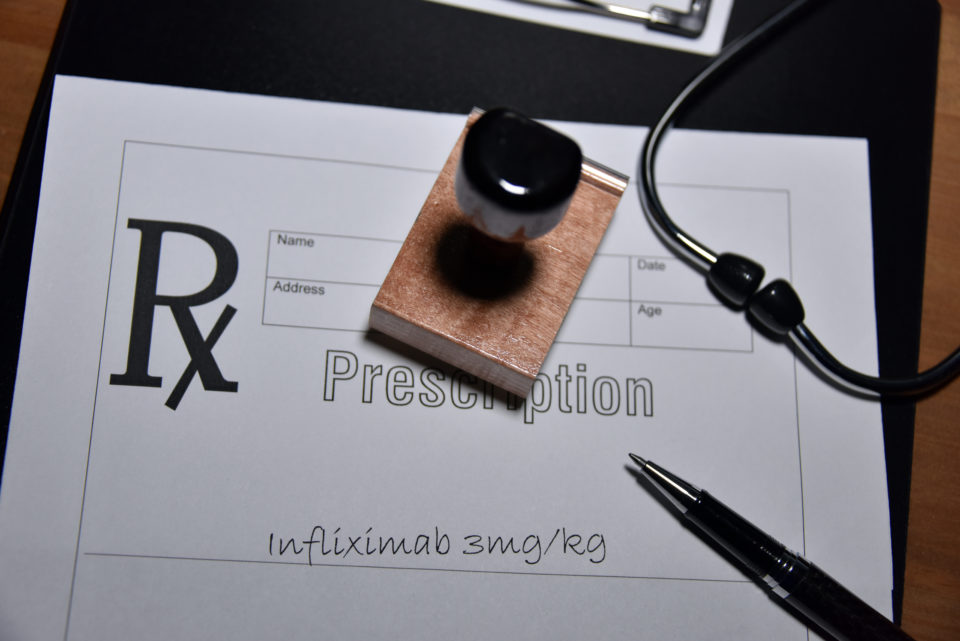
A long-term registry study evaluating the effectiveness of infliximab, golimumab, and intravenous (IV) golimumab in patients with rheumatoid arthritis (RA) found that the treatments were effective.
Current guidelines for the use of anti-tumor necrosis factor (TNF) agents are largely based on data from randomized clinical trials (RCTs), “which, although designed to minimize potential biases, are carried out in selected populations which usually differ from patients treated in a real-world setting,” the researchers noted. RCTs involve a limited sample and may not reflect real-world patients; also in RCTs, patients are treated for a limited amount of time.
In the Biologic Treatment Registry Across Canada (BioTRAC) study, patients with RA, ankylosing spondylitis, and psoriatic arthritis were treated with infliximab, golimumab, golimumab-IV, or ustekinumab in Canadian academic and community centers between 2002 and 2018. Patients who were either biologic-naïve (2002–2006) or were exposed to no more than one biologic agent (2006–2018) were eligible for inclusion. They were followed for up to 14 years and had a baseline visit followed by a visit every six months. Data collection included the following patient-reported outcomes:
- tender joint count based on 28 joints (TJC28)
- swollen joint count based on 28 joints (SJC28)
- Disease Activity Score 28 (DAS28)
- Health Assessment Questionnaire Disease Index (HAQ-DI)
- patient (PtGA) and physician (MDGA) global assessment of disease activity
- C-reactive protein (CRP)
- erythrocyte sedimentation rate (ESR)
- morning (AM) stiffness
- pain
The present analysis consisted of RA patients treated with infliximab (n=890), golimumab (n=530), and golimumab-IV (n=157). The mean age for these patients ranged from 55.8 years to 57.7 years, and all three cohorts were at least three-quarters female. The majority of patients in all three groups had a history of disease-modifying antirheumatic drugs. The mean disease duration ranged from 6.5 years to 9.8 years.
Overtime, baseline disease duration, TJC28, SJC28, DAS28, HAQ-DI, PtGA, MDGA, CRP, ESR, and AM stiffness all significantly decreased. All disease parameters improved over the course of the study period. Adverse events rates per 100 person years were 105, 113, and 82.6 in the infliximab, golimumab, and golimumab-IV patients, respectively.
The study was published in BMC Rheumatology.
The authors concluded that “this real-world study identified differences in baseline characteristics between Canadian RA patients treated with an anti-TNF over time and between agents. The study also revealed potential biases when selecting a given therapy which may impact the proportion of patients achieving a target-specific outcome. Finally, treatment with [infliximab, golimumab, and golimumab-IV] significantly reduced disease activity and improved functionality in a similar fashion and all agents were safe and well- tolerated.”







 © 2025 Mashup Media, LLC, a Formedics Property. All Rights Reserved.
© 2025 Mashup Media, LLC, a Formedics Property. All Rights Reserved.